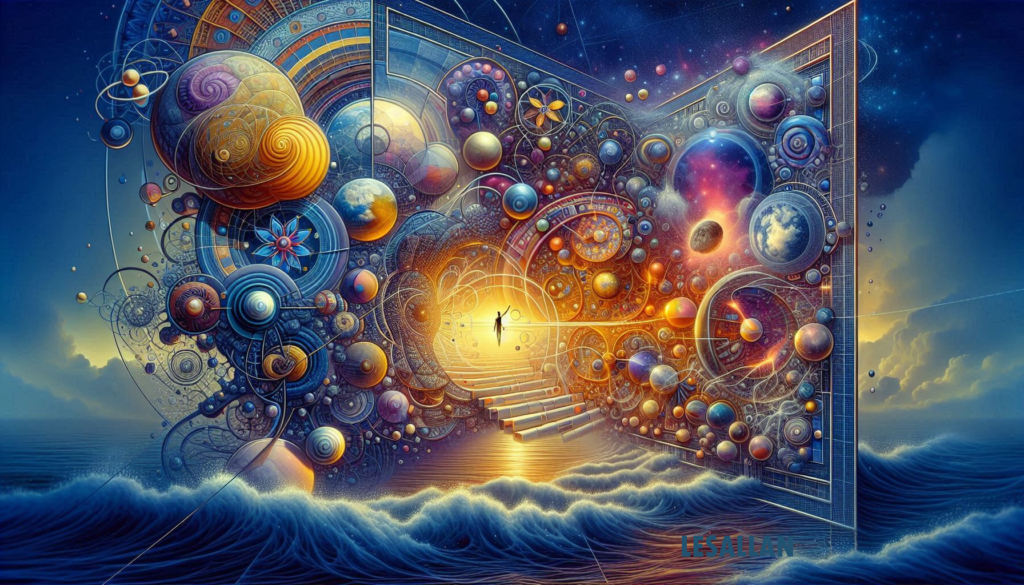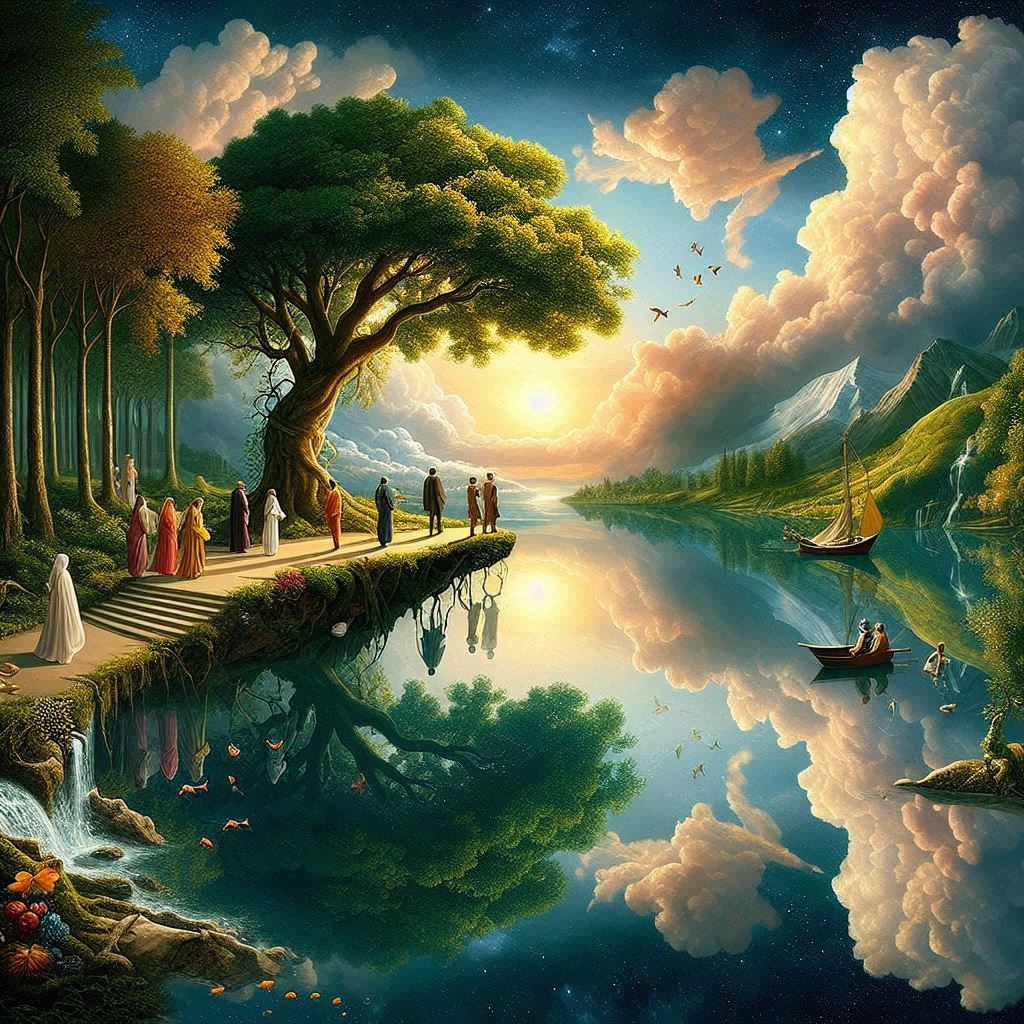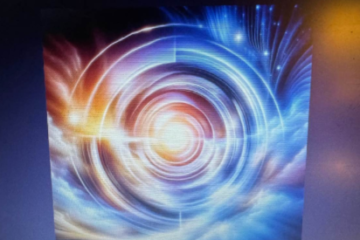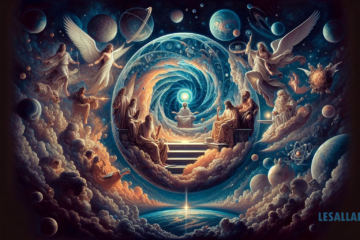Lesallan Bostron
Ohio Christian University
PHL 2000 Introduction to Philosophy (ONL25SP3)

Interweaving the Transcendent and the Empirical: A Reflective Exploration of Metaphysics
Lesallan Bostron
Ohio Christian University
PHL 2000 Introduction to Philosophy (ONL25SP3)
Interweaving the Transcendent and the Empirical: A Reflective Exploration of Metaphysics
Lesallan Bostron
Ohio Christian University
PHL 2000 Introduction to Philosophy (ONL25SP3)
Dr. Trent Lambert
April 19, 2025
Interweaving the Transcendent and the Empirical: A Reflective Exploration of Metaphysics
In reflecting upon the rich tapestry of metaphysical concepts and philosophical terminology introduced this week—and those emerging from previous discussions—I have come to view the constructs of “God” and “the world” not as isolated absolutes but as interwoven dimensions that beckon a dynamic dialogue between reason and mystery. Engaging with the insights of Plato, whose theory of forms posits that the visible world is merely a pale reflection of an ideal, transcendent reality (Ohio Christian University, 2025-c), challenged me to reconsider preconceived notions about divinity; it suggested that what we often label as “God” might represent an ultimate archetype of perfection, truth, and beauty that inspires human curiosity and moral aspiration. In contrast, Aristotle’s insistence on empirical observation and a systematic understanding of nature’s causes grounded my reflections in a tangible cosmos, where every phenomenon carries with it an inherent purpose and rational explanation (Ohio Christian University, 2025-a). This juxtaposition of transcendent ideals with naturalistic inquiry has proven to be both intellectually stimulating and personally unsettling. Although I appreciate the comfort and clarity brought about by naturalism—a perspective that roots our understanding in observable causality and measurable phenomena (Ohio Christian University, 2025-b)—I also acknowledge that such a framework may not fully capture the ineffable qualities of awe, mystery, and spiritual transcendence that many associate with the divine. Further, interactions on the discussion forums illuminated these tensions, as peers articulated varied interpretations based on their own experiences, sometimes favoring the empirical rigor reminiscent of Aristotelian thought (Ohio Christian University, 2025-a) and at other times evoking the aspirational abstraction of Platonic ideals (Ohio Christian University, 2025-c), thereby compelling me to scrutinize the limits of my own worldview: can a strictly naturalistic approach truly account for the moral and existential dimensions of human life, or must we allow a place for the non-material—a realm that invokes wonder—to ensure that our understanding of reality remains holistic? This internal dialogue, spurred by both historical teachings and contemporary debates, has led me to embrace an evolving perspective wherein the dichotomy between the metaphysical and the natural is not seen as mutually exclusive but rather as components of a layered and multifaceted reality. In reconciling these realms, I now perceive my intellectual journey as one of continuous refinement, where skepticism coexists with belief and empirical inquiry complements an enduring sense of mysteriousness, deepening my understanding of metaphysics and underscoring the necessity of personal reflection in our search for meaning. I hope this exploration inspires others to engage in their own introspective and contemplative journeys.
References:
Ohio Christian University. (2025–a). Aristotle on empirical observation and the cosmos. Retrieved from https://lms.ohiochristian.edu/d2l/le/content/21354/viewContent/484241/View
Ohio Christian University. (2025–b). Naturalism and the cosmos. Retrieved from https://lms.ohiochristian.edu/d2l/le/content/21354/viewContent/484242/View
Ohio Christian University. (2025–c). Plato’s theory of forms. Retrieved from https://lms.ohiochristian.edu/d2l/le/content/21354/viewContent/484243/View




0 Comments